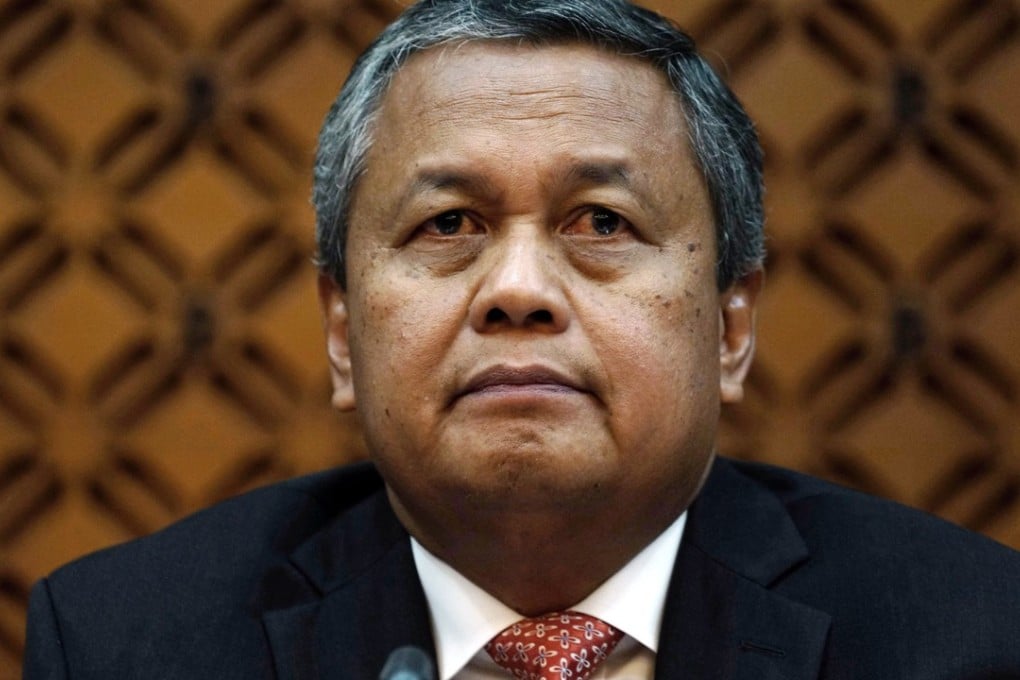Rupiah at lowest since Asian financial crisis, but Indonesia keeps calm and carries on
With consumer prices falling, wages rising and inflation under control, the Bank Indonesia governor rubbishes comparisons with 20 years ago. “Come on!,” he says. “You make it sound like Indonesia is falling apart”

This week, the rupiah fell to its lowest level since that fateful summer; it is now trading at more than 15,000 rupiah to the US dollar, having weakened by 10 per cent overall this year.
But the rupiah’s continued depreciation is a blow to Bank Indonesia (BI), the central bank, which has been determined to avoid another rout, increasing interest rates five times since May in an attempt to stabilise the currency.
But while Indonesian holidaymakers may be disappointed in the exchange rate for the rupiah while travelling abroad, back home there is no sense of an imminent crisis.
Consumer prices are actually falling rather than rising, largely due to a decrease in prices on staple foods such as chicken, eggs, onions and chillies. Wages are also slightly rising and, for the moment, inflation is under control.